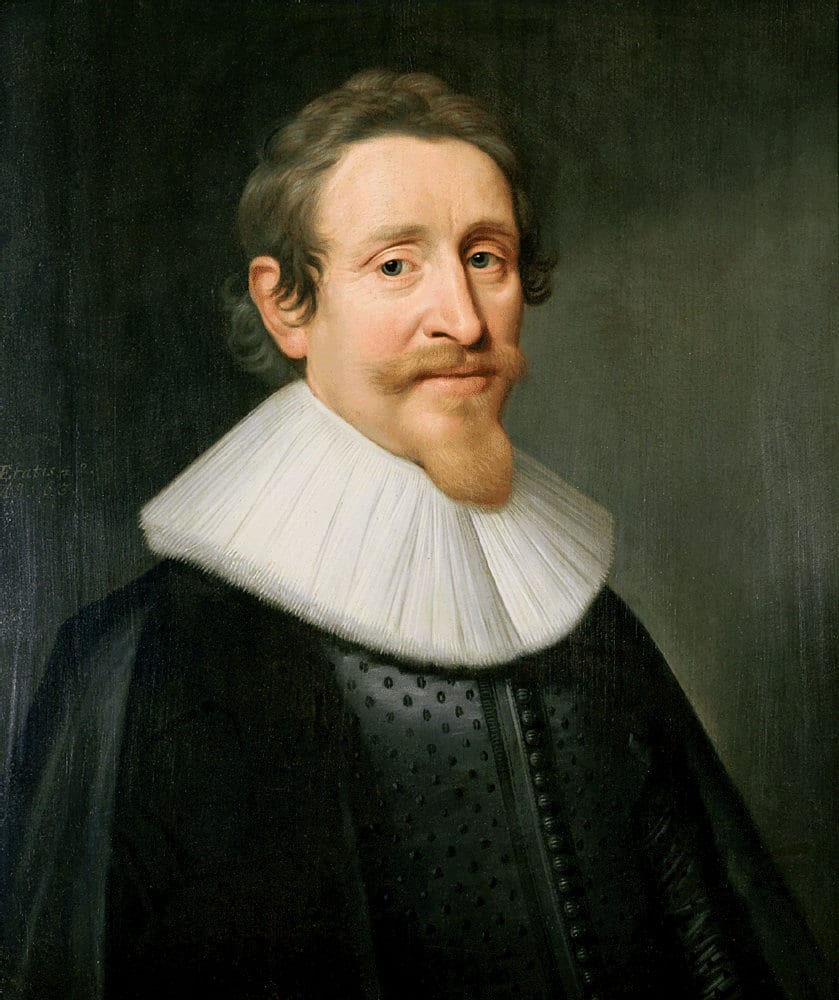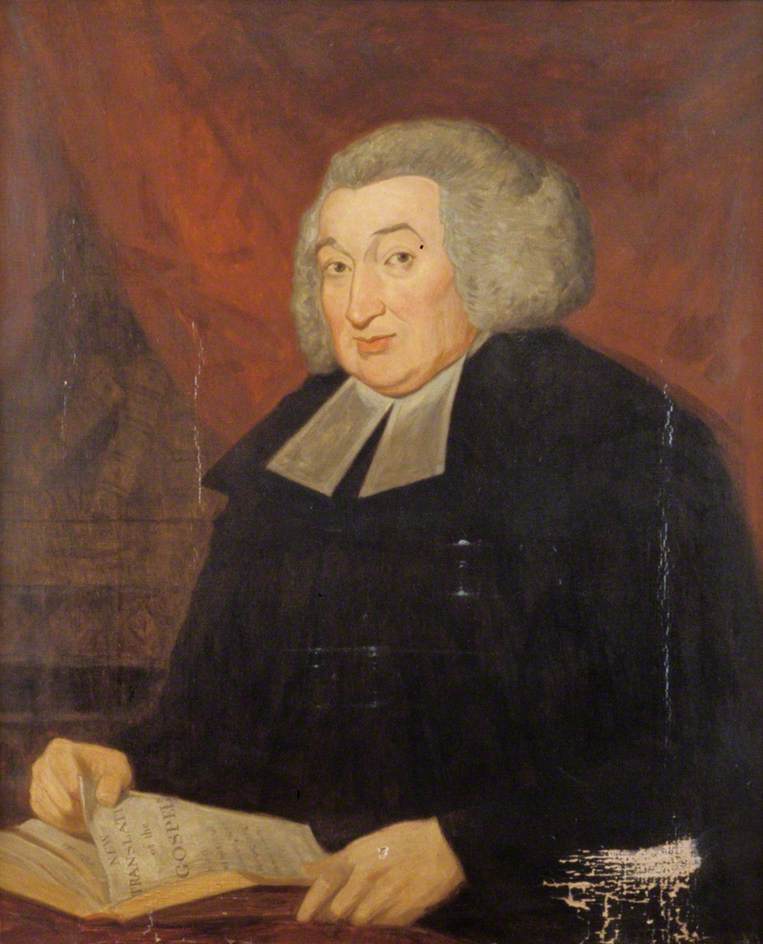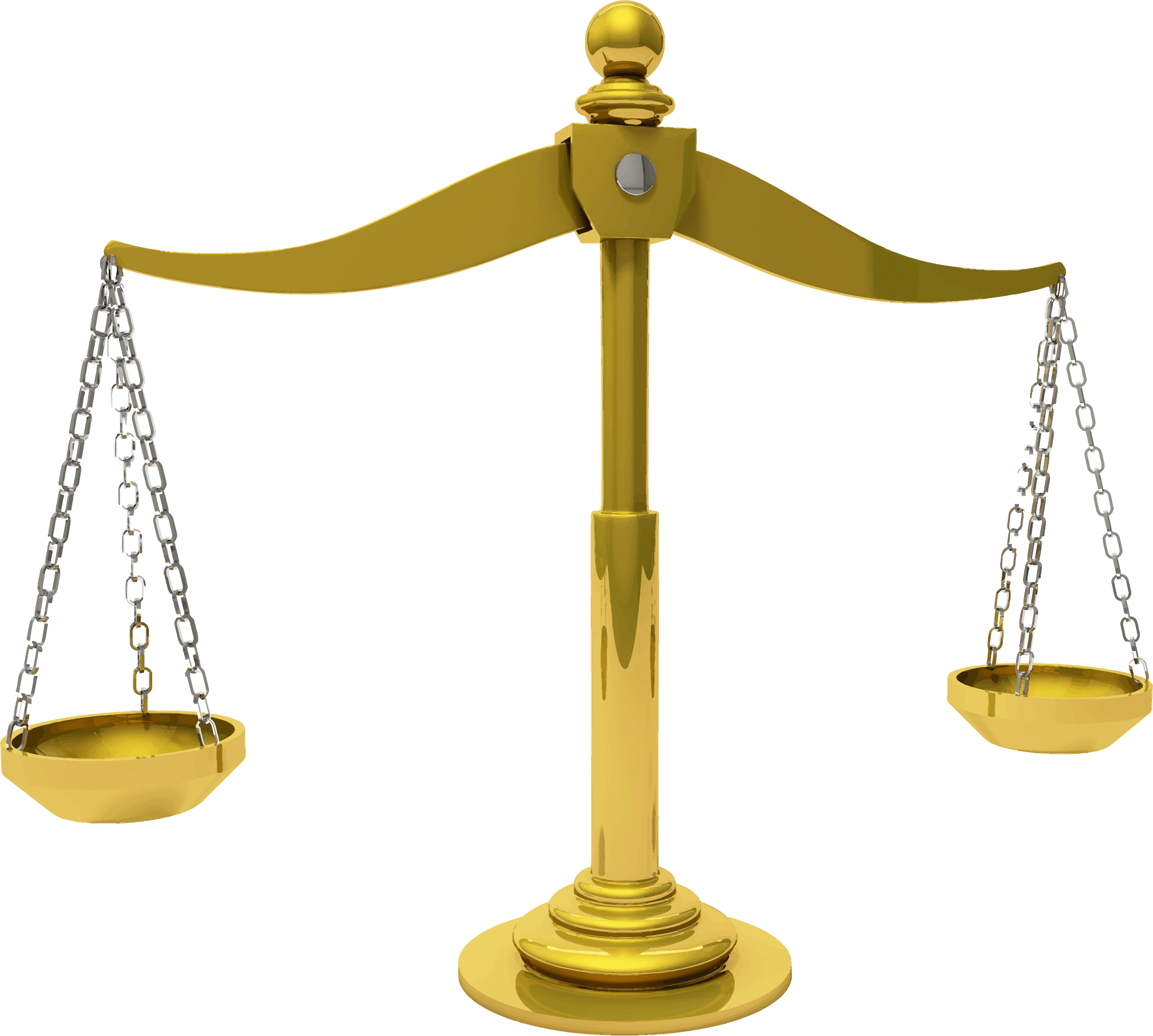It might sometimes happen, that what is found to have been testified by the Deity, contradicts what would appear, to some individuals, to have been ascertained by the process of their own reasoning. Our principle is plain; God cannot err, man frequently has erred, and is perpetually liable to mistake. If then, we have certain proof of the declaration of the Creator, there can be no difficulty in arriving at the reasonable, the practical, the correct result: that result is again our great principle—it is the duty of man to believe God when he testifies; and the simple inquiry will be regarding the question of fact, “has God testified:” If he has, our doubts must cease; our belief is demanded by reason and by religion. Indeed, they are never opposed to each other; upon patient inquiry they will always be found mutually to aid each other. The history of the world presents to us the exhibition of the weakness of the human mind—perpetually changing its theories; perpetually adding to its stock of information; frequently detecting its own mistakes; correcting its aberrations, and proving its imbecility, whilst it asserts its strength. The eternal God, infinite in his perfections, is always the same; in him there is no vicissitude; alone, changeless amidst a changing universe; his vesture and decoration he may change, but he is eternally the same, in his knowledge as in his truth: the heavens and the earth may pass away but his word cannot fail.
We are thus brought to the simple inquiry concerning the fact of a revelation. The truth of a fact must be always ascertained by testimony: that testimony must be such as ought to be sufficient to produce conviction of truth, before belief can be reasonably required. When that sufficient testimony has been adduced, to withhold belief would be unreasonable—unreasonable rejection of evidence, where there is no question as to the revelation of God, cannot be innocent. The refusal to examine is plainly against the first principle of religion; contrary to the plainest maxims of reason. A mistake honestly made is pardonable, but the rejection of evidence must be irreligious.
John England, from a speech to the U.S. House of Representatives in 1826, in Sebastian G. Messmer, ed., The Works of the Right Reverend John England, First Bishop of Charleston, vol. 7 (Cleveland: Arthur H. Clark, 1908), p. 16.




